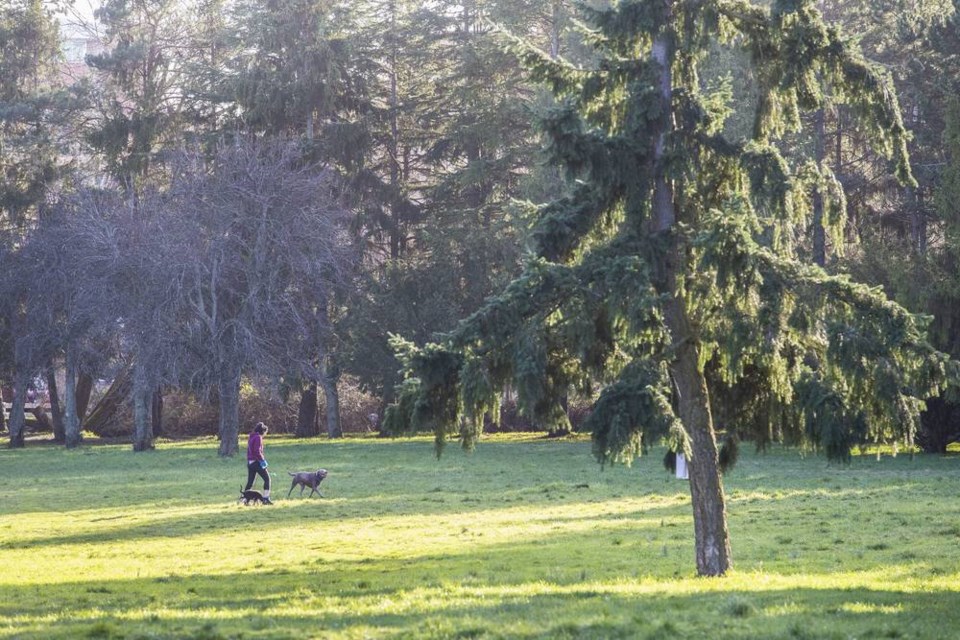A cynic, Oscar Wilde wrote, is someone who ŌĆ£knows the price of everything and the value of nothing.ŌĆØ On that basis, our ┬Łdominant economic system ŌĆö corporate capitalism ŌĆö is beyond cynical. It takes WildeŌĆÖs aphorism one giant step further because it doesnŌĆÖt even know or take into account the price of everything, never mind recognize and account for that which is priceless.
That, if not quite in those words, is the conclusion of a startling review of the ┬Łeconomics of biodiversity by the distinguished Cambridge economics professor Sir┬ĀPartha Dasgupta. Startling not just because of what he says, but because of who commissioned his report: the Chancellor of the Exchequer (read ŌĆ£Minister of FinanceŌĆØ) in Boris JohnsonŌĆÖs U.K. government. So this week, I am taking a side trip on the road to Doughnut Economics to consider his important report. Next week I will look at how we will have to change.
What Professor Dasgupta has to say is both simple and profoundly important: We have not correctly included either the price or the value of nature in our economic models and practices, or in the price of our goods and services. Instead, we treat them as an ŌĆ£externality,ŌĆØ by which he means ŌĆ£the unaccounted-for consequences for others, including future people, of actions taken by one or more persons.ŌĆØ In other words, we gain at the expense of people elsewhere, future generations and, he might have added, other species.
The result of ignoring the harm to nature (and, he might also have added, harm to peopleŌĆÖs health and the social wellbeing of communities) caused by our economic ┬Łsystem and way of life, he writes, is that ŌĆ£while humanity has prospered immensely in recent decades, the ways in which we have achieved such prosperity means that it has come at a devastating cost to Nature.ŌĆØ
In fact, he reports, ŌĆ£between 1992 and 2014, produced capital per person ┬Łdoubled, and human capital [health, education, ┬Łaptitude and skills] per person increased by about 13 per cent globally.ŌĆØ However, he adds, ŌĆ£the stock of natural capital per person declined by nearly 40 per cent.ŌĆØ ┬ŁMoreover, we should note that this is only over 22 years; the decline since the onset of the ŌĆ£great accelerationŌĆØ in human impact in the 1950s is far greater.
The result is that ŌĆ£many ecosystems, from tropical forests to coral reefs, have already been degraded beyond repair, or are at imminent risk of ŌĆśtipping points.ŌĆÖ These tipping points could have ┬Łcatastrophic consequences for our economies and ┬Łwell-being.ŌĆØ Sadly, as he notes, this ŌĆ£is what economic growth and development has come to mean for many people.ŌĆØ
But even if we could include the cost of ecological harm in the price of our goods and services, that would not be enough. Professor Dasgupta notes: ŌĆ£Nature is more than an economic good: many value its very existence and recognize its intrinsic worth,┬Ātoo.ŌĆØ
This view is evident in a 2018 report from the International Institute for ┬ŁSustainable Development on the measurement of ŌĆ£comprehensive wealth,ŌĆØ by which they mean the combination of five forms of capital: produced (infrastructure, buildings and machinery), natural, human, financial (stocks, bonds and cash) and social capital.
While some forms of natural capital ŌĆö so-called market natural assets (such as the minerals, fossil fuels, timber, water resources and fish we extract) ŌĆö can be expressed in monetary terms, other forms of natural capital ŌĆö a stable and warm ┬Łclimate and key ecosystems such as forests, wetlands, grasslands, lakes/rivers and the oceans ŌĆö ŌĆ£are, effectively, priceless.ŌĆØ
That is because the latter ŌĆ£are critical to well-being. Any degradation in them imposes direct and irreplaceable costs on well-being, and their monetary value is, therefore, not relevant.ŌĆØ So while we may be able to measure and account for some forms of natural capital, those ecosystem ŌĆ£goods and servicesŌĆØ that are critical to our ┬Łwellbeing ŌĆ£cannot (and should not) be included in aggregate measures of ┬Łcomprehensive wealth.ŌĆØ
In other words, it is not enough to ┬Łunderstand the price of nature; we need to recognize that it is to a significant degree priceless, of inestimable value.
As a society, we need to know not just the price but the value of nature, and we need an ┬Łeconomic system that recognizes and incorporates this.
Dr. Trevor Hancock is a retired ┬Łprofessor and senior scholar at the University of ┬ŁVictoriaŌĆÖs School of Public Health and Social Policy.



